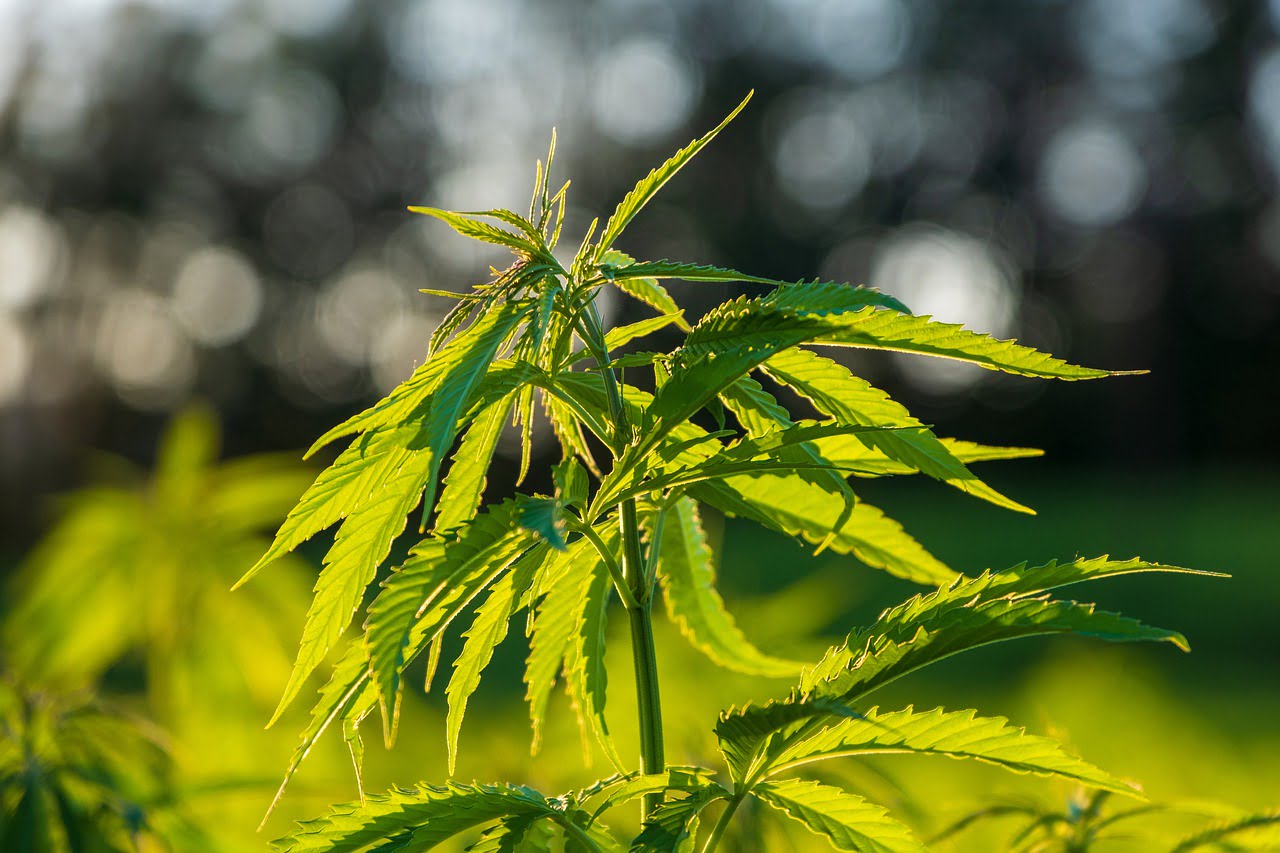New Jersey joined the growing list of states that have legalized recreational cannabis use for adults, and businesses are preparing to enter the market. If the state follows in the footsteps of its medical marijuana program, it may not be handing out many licenses; This may worry some with concern that only large corporations will be able to swoop in and secure them, but one expert tells ValueWalk that isn’t the case.
Q1 2021 hedge fund letters, conferences and more
Starting With Medical Marijuana
Sara Gullickson of The Cannabis Business Advisors has been working in the industry since states started legalizing the plant. Sara works across state lines navigating a complex legal and regulatory landscape.
In an interview with ValueWalk, she explained that different parts of the country jump on similar bandwagons to develop and expand their programs. For instance, New Jersey will apply parts of its medical program, which has been legal since 2010, to roll out its adult-use program passed by a vote in late 2020.
New Jersey’s medical program legalized under Senate Bill 119 established vertically integrated Alternative Treatment Center (ATC) licenses, which allowed for the cultivation, processing and dispensing of medical marijuana to qualified patients. The state awarded six ATCs in 2011 and an additional six ATCs in 2018.
When New Jersey conducted a third round of marijuana licensing in 2019, they were supposed to issue a total of 24 additional licenses: 5 cultivation only, 15 dispensaries only, and 4 Alternative Treatment Centers, but they were stalled due to lawsuits filed against the state. These licenses have yet to be issued. However, there's now a light at the end of the tunnel as Gov. Phil Murphy supports the drug's use and wants the industry to succeed.
Getting A Cannabis License
Where the program stands now, there are currently 12 operational ATCs in New Jersey which are true vertical licenses. There are 13 dispensaries open as of November 2020, the 12 existing verticals are allowed to have multiple dispensary locations because of high demand. Nine of the 12 licensed ATCs are actually selling product, while the remaining three started cultivation during 2020.
It might seem like it would be expensive and a long process to get a cannabis license in New Jersey, considering all ATC applications require a $20,000 application fee and the fact that the recreational license rules and regulations will not be announced until June 2021. As a result, some thought that only prominent players would be able to enter the market. However, Gullickson says that's not the case.
"We have this conversation every day," she explained. "Now there are corporations in marijuana as opposed to a decade ago when there were none, but the state favors local ties and success in business in that state will be much more likely to get [a license]. They will review whether the applicant created jobs in the state. They will decide on the license based on the background of the person applying. Multi-state and corporations will get some, but most will be local, and states are trying to ensure that."
SAFE Banking Act To Serve New Jersey Vendors
Recently, lawmakers revealed the SAFE banking act, which allows cannabis companies to get funding. Gullickson called it a "very small but very powerful piece of legislation." Cannabis operators haven't been able to get mortgages, and lenders that do lend to them charge huge fees because of that.
Revenue And Regulation
When asked how large the cannabis industry will get, Gullickson cited a number given by Marijuana Business Daily, which expects it to be a $950 million industry by 2024. New Jersey will only tax cannabis at 7%, a low number for a usually high tax state.
On the other hand, Arizona adult-use retail sales purchases are subject to a 16% cannabis excise tax in addition to a 5.6% statewide retail sales tax, bringing the total to 21.6%. Medical marijuana sales are only subject to a 6.6% state excise tax plus an additional 2-3% optional tax dictated by local municipalities. In New Jersey, municipalities are expected to add a 7% tax, which would still bring the total tax on the drug to about 14%, which is lower than what most were expecting.
When asked about regulation on marijuana producers versus hemp producers, Gullickson explained that marijuana and hemp are two entirely different plants. She compared them to Tylenol versus narcotics. One is nearly over the counter, and one is not.
They look similar, but they are very different plants. The CBD market is unregulated right now, and that's very unfortunate. One of Gullickson's clients bought and tested 11 CBD products, and nine didn't even have hemp or CBD in them.
However, the final laws for New Jersey are still not out. According to Sara's colleague, Maxime Kot, June is the deadline for the rules to be adopted. Sales can begin as soon as July/August through existing licensees upon approval from the state.
With New York state recently legalizing marijuana and other states on the verge of joining, the race is on for the Cannabis leader in the tri-state area. If New Jersey wants to capitalize on the momentum, it needs to move quickly.






